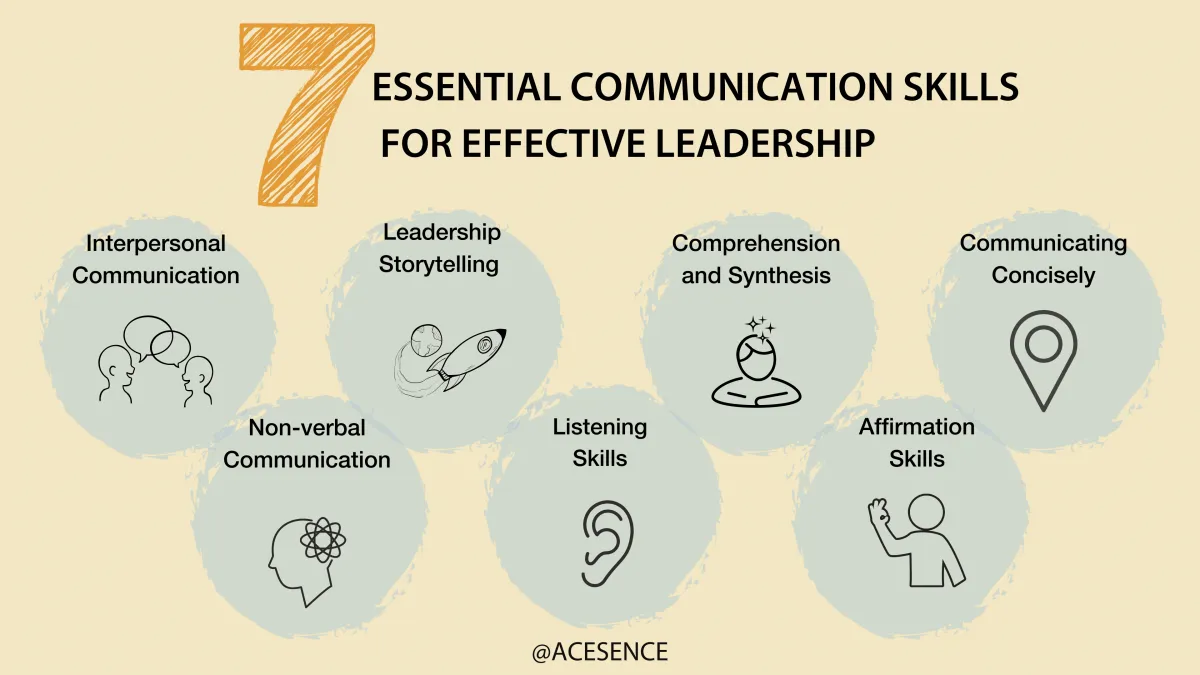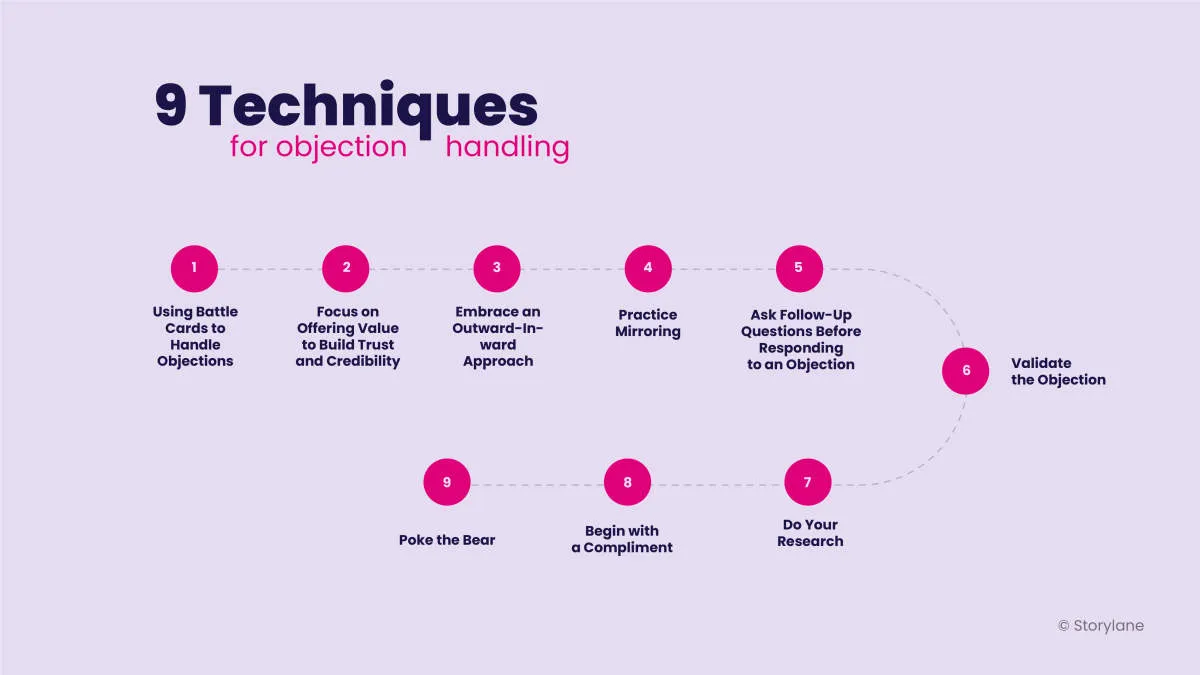Mastering the art of negotiation is crucial for success in business deals. This skill involves strategic communication, critical thinking, and understanding your counterpart’s perspective. Learn how to navigate through negotiations effectively and achieve win-win outcomes.
Understanding Negotiation Basics

Negotiation, at its core, is a collaborative process where two or more parties aim to reach a mutually agreeable outcome. Whether you’re hammering out a complex business deal or simply deciding where to have dinner, the principles of negotiation remain constant. Here’s a breakdown of the fundamentals:
1. Interests vs. Positions
A common mistake is focusing solely on positions (“I want this price”). Effective negotiators delve deeper to uncover the underlying interests and needs driving those positions. (“I need this price to stay within budget because…”). Understanding the “why” behind each party’s stance paves the way for creative solutions.
2. Preparation is Key
Walking into a negotiation unprepared is like navigating a maze blindfolded. Thorough preparation is non-negotiable. This includes:
- Researching the other parties
- Defining your desired outcome (and alternatives)
- Anticipating potential objections
3. Effective Communication
Negotiation hinges on clear, persuasive communication. This goes beyond just speaking; it’s about active listening, interpreting body language, and asking insightful questions. Remember, communication is a two-way street.
4. Building Rapport
While maintaining professionalism, establishing a positive rapport can foster trust and understanding. Finding common ground, even on a personal level, can lead to a more collaborative and productive negotiation.
5. Flexibility and Creativity
Don’t be afraid to explore different options and think outside the box. Rigidity can be a negotiation killer. Being open to alternative solutions increases the likelihood of finding a win-win scenario.
Preparing for Negotiation

Effective negotiation is rarely improvised. It requires careful preparation to maximize your chances of success. Here’s a breakdown of crucial steps to take before entering any business negotiation:
1. Define Your Objectives and Bottom Line
Start by clearly defining what you want to achieve from the negotiation. What are your ideal outcomes? What are you willing to concede? Establish your “walk-away point” – the point at which the deal is no longer acceptable.
2. Research and Understand the Other Party
Knowledge is power in negotiation. Thoroughly research the other party: their needs, goals, interests, and any constraints they may face. The more you know, the better positioned you’ll be to find mutually beneficial solutions.
3. Brainstorm Potential Value
Think beyond simple price concessions. Explore areas where you can create additional value for the other party, such as flexible payment terms, added services, or future collaborations. This can lead to more creative and satisfying agreements.
4. Develop Your BATNA (Best Alternative to a Negotiated Agreement)
Your BATNA is your plan B if the negotiation fails. Having a strong BATNA strengthens your position. It gives you the confidence to walk away from deals that don’t meet your needs.
5. Plan Your Communication Strategy
Consider how you’ll present your case, address objections, and handle difficult questions. Practice your key talking points and anticipate potential counter-arguments. Effective communication is essential for building rapport and achieving your goals.
Effective Communication Skills

Effective communication is the bedrock of successful negotiation. It’s not just about speaking clearly, but also about actively listening and interpreting both verbal and nonverbal cues. Here’s how to hone your communication skills for impactful negotiation:
Active Listening
In the heat of negotiation, it’s easy to focus solely on your own points. However, active listening is crucial. Pay close attention to what the other party is saying, both verbally and nonverbally. Ask clarifying questions to ensure understanding and demonstrate genuine interest in their perspective.
Clear and Concise Language
Avoid jargon, technical terms, or overly complex language that might confuse the other party. Use clear, concise language to articulate your points and ensure your message is easily understood.
Emotional Intelligence
Negotiation can be emotionally charged. Being aware of your own emotions and those of the other party is vital. Remain calm and composed, even in challenging situations. Use empathetic language to acknowledge the other party’s feelings and build rapport.
Nonverbal Communication
Your body language speaks volumes. Maintain eye contact to show engagement. Use open and inviting body posture, and be mindful of your tone of voice. Nonverbal cues can build trust and rapport, making it easier to find common ground.
Strategies for Win-Win Outcomes

In the realm of business negotiations, striving for win-win outcomes should be paramount. A win-win scenario implies that all parties involved feel positive about the agreement and feel they’ve achieved something of value. This approach fosters long-term relationships, builds trust, and lays the foundation for future collaborations. Here are some key strategies to help you achieve win-win outcomes:
1. Understand the Other Party’s Needs
Effective negotiation requires stepping outside of your own perspective and truly comprehending the needs, motivations, and concerns of the other party. Ask open-ended questions, listen actively, and seek clarification to ensure a thorough understanding.
2. Identify Shared Interests and Goals
While differences may be apparent, focusing on common ground is essential for win-win outcomes. Explore shared interests and goals that can serve as a foundation for a mutually beneficial agreement.
3. Brainstorm Creative Solutions
Don’t limit yourself to a fixed pie mentality. Instead, encourage brainstorming sessions where all parties can freely generate creative solutions that expand the possibilities for agreement.
4. Focus on Value, Not Just Price
Price is often a significant factor in negotiations, but it shouldn’t be the sole focus. Explore ways to create value beyond monetary terms. This could involve flexible payment terms, added services, or non-monetary benefits that enhance the overall deal for both sides.
5. Maintain Open and Honest Communication
Transparency and clear communication are vital for building trust and reaching win-win outcomes. Communicate your interests and constraints openly, and encourage the other party to do the same. This fosters a climate of collaboration and understanding.
6. Be Willing to Compromise
Negotiation inherently involves give-and-take. Be prepared to make concessions on certain issues while holding firm on others that are critical to your objectives. Flexibility and a willingness to find mutually acceptable compromises are essential for achieving win-win results.
Handling Objections and Challenges

Negotiations rarely unfold without a hitch. Objections and challenges are inevitable, representing opportunities for deeper understanding and creative problem-solving. Instead of viewing them as roadblocks, see them as chances to refine the deal and address underlying concerns.
Active Listening and Understanding
When objections arise, the first step is to listen actively. Give the other party your full attention, seeking to understand not just their words but also the motivations and concerns behind them. Ask clarifying questions to ensure you grasp their perspective fully.
Acknowledging and Validating
Once you understand the objection, acknowledge it openly and validate the other party’s feelings. Even if you don’t agree with their viewpoint, acknowledging their right to express it helps build rapport and fosters a more collaborative atmosphere.
Finding Common Ground and Solutions
With a shared understanding, you can start exploring solutions. Look for common ground and identify areas of potential compromise. Brainstorming creative options together can lead to mutually beneficial outcomes that address the initial objections.
Maintaining Professionalism and Respect
Throughout the process of handling objections, it’s crucial to maintain professionalism and respect. Keep your emotions in check, even if the negotiation becomes challenging. A calm and respectful demeanor can de-escalate tensions and keep the conversation focused on finding a solution.
Closing the Deal

You’ve navigated the complexities of negotiation, established common ground, and addressed concerns. Now, it’s time for the culmination of your efforts: closing the deal. This stage is as critical as the preceding ones, requiring finesse, confidence, and a clear understanding of the closing process.
Recognizing Buying Signals: As negotiations progress, be attentive to verbal and non-verbal cues indicating the other party’s readiness to commit. These “buying signals” might include: asking about specifics of the agreement, seeking reassurance on key points, or a noticeable shift towards a more agreeable demeanor.
Presenting a Clear Call to Action: Don’t leave the final decision hanging in the balance. Confidently present a clear and concise call to action. This could be a direct proposal—”Are you prepared to move forward with these terms?”—or presenting a finalized agreement for signatures.
Handling Last-Minute Objections: Be prepared for potential last-minute objections or requests for minor concessions. Address these calmly and professionally. If necessary, be prepared to offer a small compromise to secure the deal, ensuring it doesn’t undermine your key objectives.
Getting it in Writing: Once an agreement is reached verbally, it’s crucial to formalize it in a written contract. This legally binding document should clearly outline all agreed-upon terms and conditions, protecting the interests of all parties involved.
Conclusion
In conclusion, mastering negotiation skills is essential for successful business deals, fostering collaboration, and achieving mutual benefits.

